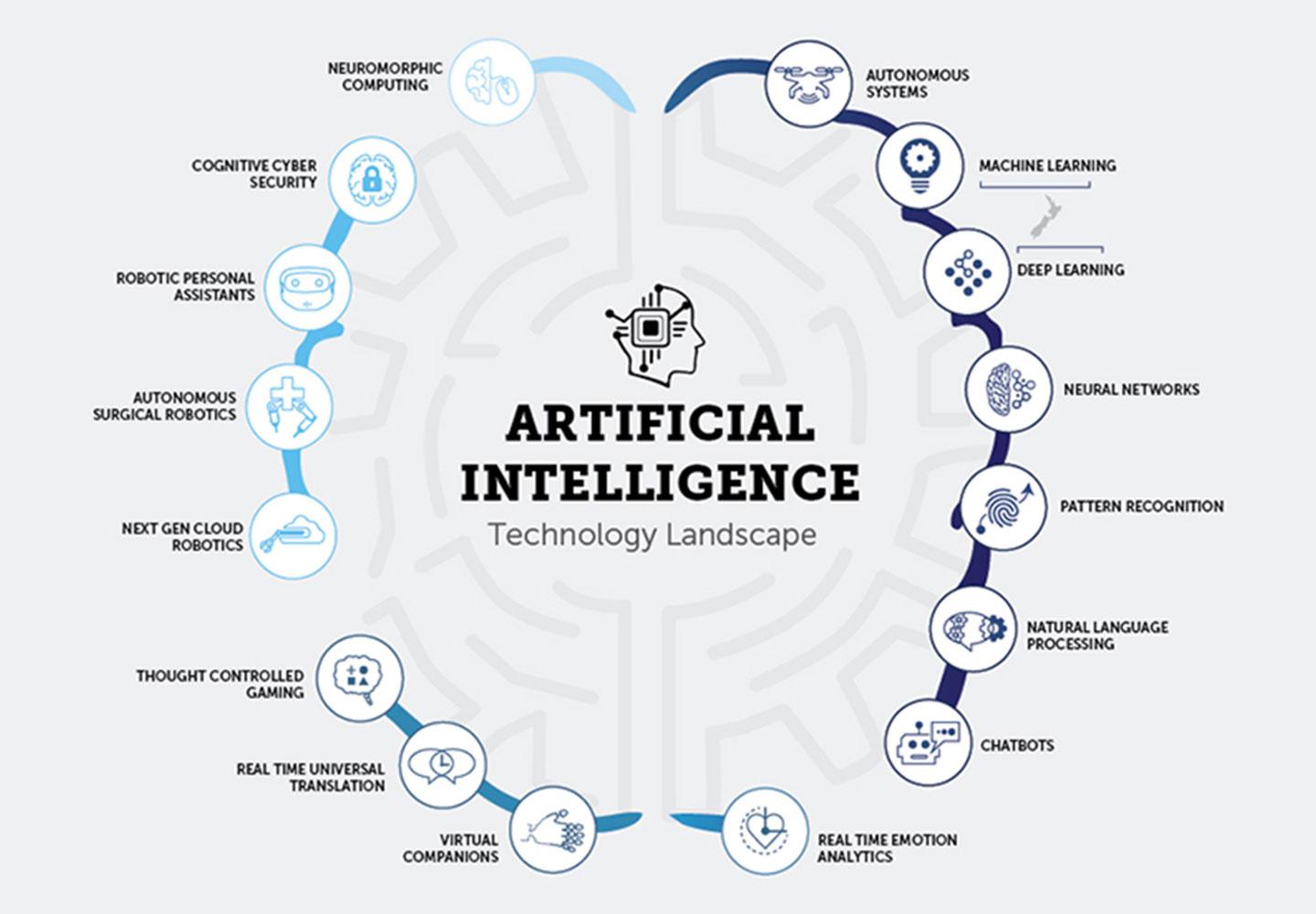Art Bounty
Discover the vibrant world of art and creativity.
Can AI Make You a Better Human?
Discover how AI can enhance your humanity and transform your daily life—become a better version of yourself today!
How AI Can Enhance Empathy and Emotional Intelligence
Artificial Intelligence (AI) is rapidly evolving, and its potential to enhance empathy and emotional intelligence (EI) is becoming increasingly recognized. AI-powered tools can analyze vast amounts of data from social media interactions, customer feedback, and even facial expressions to understand human emotions better. By leveraging sentiment analysis and machine learning algorithms, AI can provide insights into human feelings that would otherwise go unnoticed. This allows organizations to tailor their communications and services, creating more meaningful connections with users by fostering an environment where empathy is a priority.
Furthermore, AI can support the development of emotional intelligence skills in individuals. For instance, AI-driven chatbots can engage users in conversations that encourage self-reflection and express understanding by simulating empathetic responses. As users interact with these systems, they may become more attuned to their emotions and those of others, thereby enhancing their overall emotional intelligence. By integrating AI in personal development programs, individuals can receive personalized feedback that promotes empathy and strengthens their interpersonal skills, ultimately leading to more compassionate and emotionally aware communities.

Can AI Help Us Make Better Ethical Decisions?
The rapid advancement of AI technology has opened up exciting possibilities for enhancing our decision-making processes, especially in the realm of ethics. By analyzing large datasets and identifying patterns, AI can provide insights that humans might overlook, thus aiding in ethical decision-making. For instance, AI algorithms can evaluate the potential consequences of various choices, allowing us to weigh the moral implications of our actions more carefully. In fields like healthcare, finance, and law, AI can ensure that decisions are not only effective but also align with ethical standards, promoting fairness and accountability.
However, the integration of AI in ethical decision-making is not without its challenges. One major concern is the inherent bias that can exist in AI systems, which may inadvertently lead to unethical outcomes if not properly managed. As we harness AI for better ethical decisions, it’s crucial to maintain human oversight to ensure that these technologies reflect our shared values and moral considerations. By combining human judgment with AI's analytical capabilities, we can strive towards a future where ethical decisions are informed, responsible, and just.
Transforming Relationships: The Role of AI in Human Connection
In today's fast-paced digital world, AI is revolutionizing the way we form and maintain human connections. By utilizing advanced algorithms and data analysis, AI tools can help individuals better understand themselves and their relationships. For instance, apps that analyze communication patterns allow users to identify areas for improvement in their interpersonal skills. As we embrace these technologies, we can enhance our emotional intelligence and foster healthier connections with those around us.
Moreover, AI facilitates more profound connections by personalizing interactions and providing tailored recommendations. Through machine learning, AI can analyze preferences and behaviors to suggest suitable matches in dating apps or even recommend relationship advice based on user experiences. This transformative role of AI not only streamlines the process of meeting new people but also ensures that our interactions are more meaningful and aligned with our unique needs. Ultimately, embracing AI in our social lives could lead to enriching relationships and deeper emotional bonds.